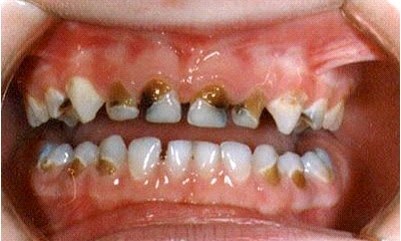Prostate health remains a pivotal aspect of men’s health, impacting millions worldwide. The prostate, a small gland situated below the bladder in men, plays a significant role in both urinary function and sexual health. As men age, the likelihood of encountering prostate issues, such as benign prostatic hyperplasia (BPH), prostatitis, and prostate cancer, increases. Understanding prevention and treatment strategies is crucial for maintaining prostate health and ensuring a high quality of life.
The Pillars of Prevention
Preventative measures against prostate issues begin with a combination of lifestyle adjustments and regular health screenings. Diet plays a crucial role in maintaining prostate health. Incorporating foods rich in antioxidants, such as fruits and vegetables, and omega-3 fatty acids, found in fish, can contribute to a healthier prostate. Regular physical activity is also essential, as it helps maintain a healthy weight and reduce the risk of prostate issues.
Screening for prostate health is a subject of debate among medical professionals. However, it’s generally agreed that men over the age of 50 should discuss prostate screening with their healthcare provider. For those at higher risk, including African American men and those with a family history of prostate cancer, this conversation may occur earlier.

Early Detection and Treatment Options
Early detection of prostate issues is paramount in managing health outcomes. Symptoms such as difficulty urinating, frequent urination, pain during urination, or erectile dysfunction should prompt a visit to a healthcare provider. At the Urocare clinic, specialists emphasize the importance of early detection through PSA (Prostate-Specific Antigen) testing and digital rectal exams. These tools can identify issues at an early stage, enabling more effective treatment and management.
Treatment strategies for prostate health vary depending on the diagnosis. For benign conditions like BPH, medications can relieve symptoms. More invasive procedures, such as surgery, may be necessary for severe cases. Prostatitis, an inflammation of the prostate, may require antibiotics if caused by a bacterial infection.
Prostate cancer treatment options range from active surveillance for low-risk cases to surgery, radiation therapy, and hormone therapy for more advanced stages. The choice of treatment depends on various factors, including the cancer’s stage, the patient’s age, and overall health.
Innovations in Prostate Health Management
The field of urology continues to evolve, with technological advancements and research expanding the options available for prostate health management. Minimally invasive surgical techniques, such as robotic-assisted laparoscopic surgery, offer patients shorter recovery times and fewer complications. Advances in imaging technologies improve the accuracy of diagnoses, allowing for more targeted treatments.
Additionally, the development of new medications and therapies offers hope for those dealing with chronic conditions or battling prostate cancer. Immunotherapy, targeted therapy, and advances in radiation technology are changing the landscape of cancer treatment, offering new avenues for care that were not available in the past.
A Vision for the Future
Navigating prostate health requires a proactive approach, emphasizing prevention, early detection, and the adoption of innovative treatment strategies. By staying informed about the latest developments in urology and maintaining open communication with healthcare providers, men can take control of their prostate health and mitigate the risks associated with this crucial aspect of male well-being.
The journey through prostate health is not one to be undertaken alone. With the support of healthcare professionals, the latest in medical research, and a commitment to lifestyle adjustments, men can navigate the complexities of prostate health, ensuring a brighter, healthier future.



